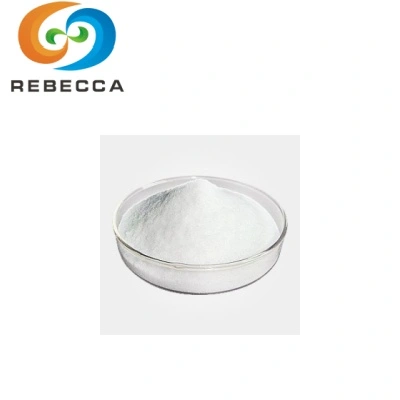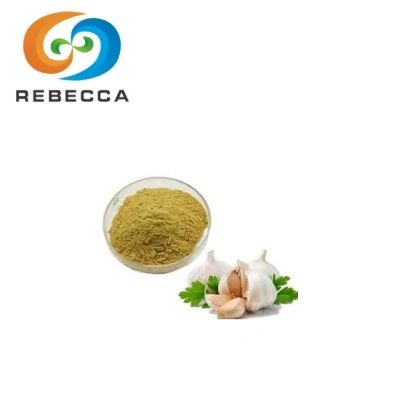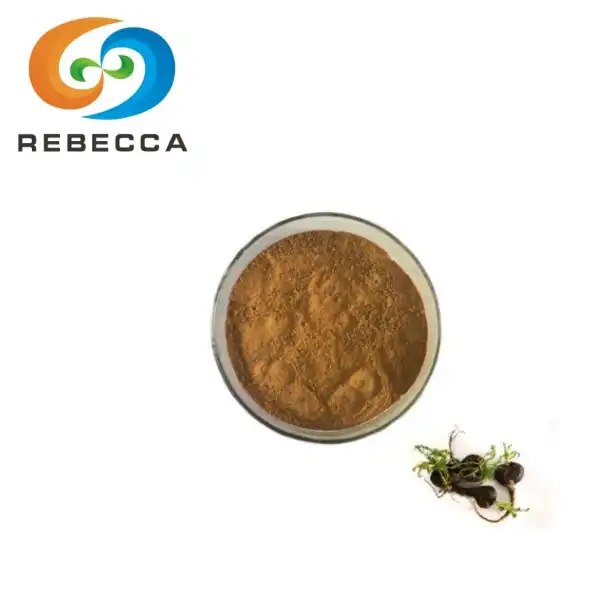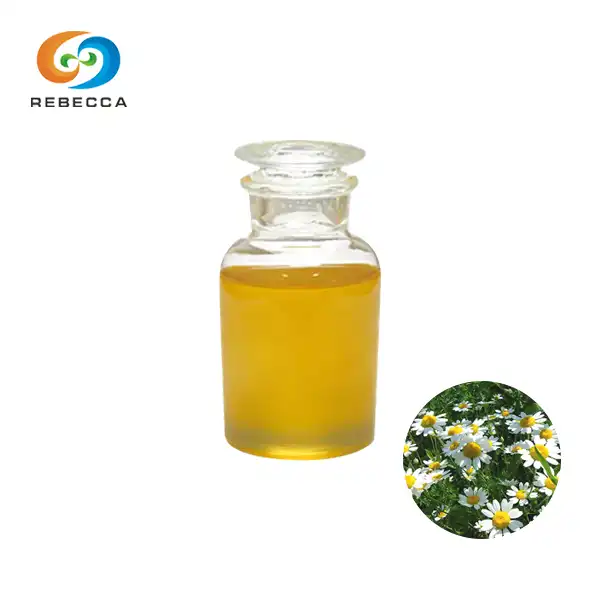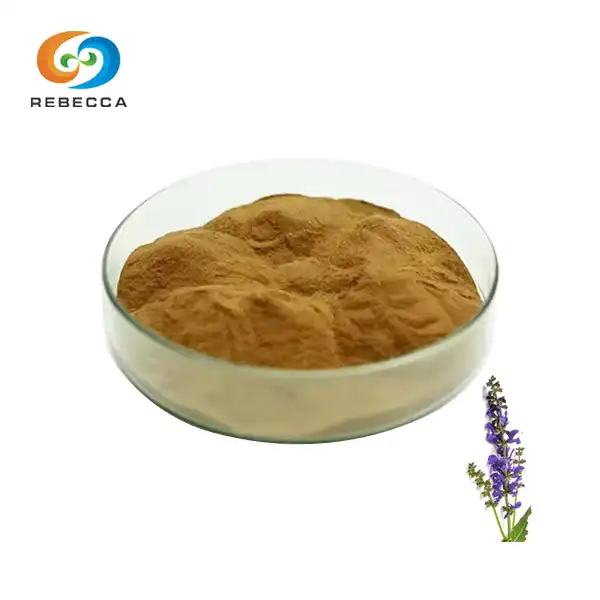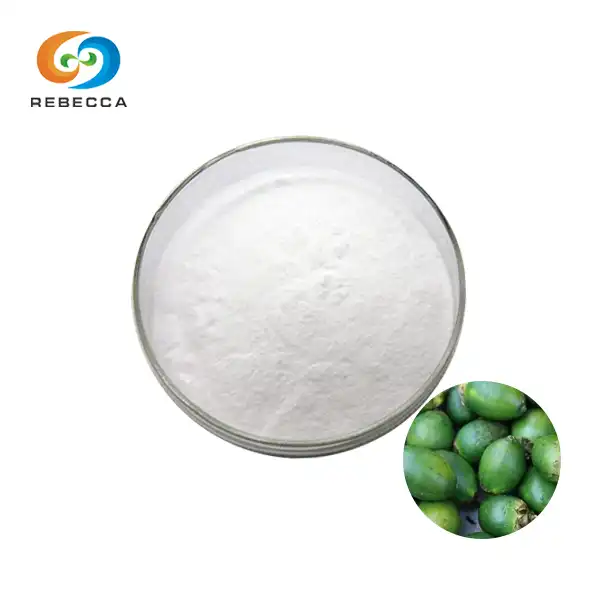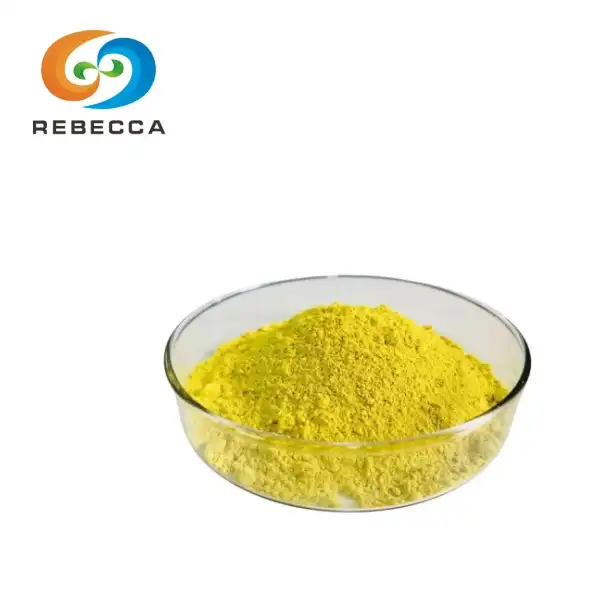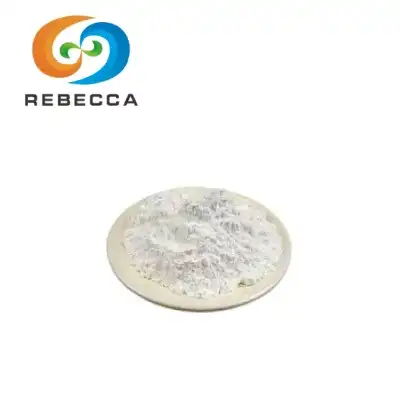Can i use honey instead of vanilla extract?
Baking often calls for vanilla extract to add depth and complexity to desserts, but what happens when you've run out or prefer to explore alternatives? Honey, a natural sweetener with its own distinct flavor profile, presents an intriguing substitution possibility. This article explores whether honey can effectively replace vanilla extract in your recipes, the science behind honey extract, and how to optimize this substitution for the best culinary results.
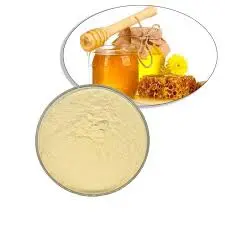
Honey Extract vs. Vanilla Extract
Vanilla extract has a distinctive aroma and flavor that enhances sweet dishes without overwhelming them. Its complex profile includes over 250 compounds that contribute to its characteristic taste. When considering a substitute, it's important to understand what makes vanilla extract unique and how honey differs as a replacement option.
Honey brings its own complex flavor profile to the table. While vanilla extract is primarily used for flavor rather than sweetness, honey extract, a concentrated form of honey, combines both sweetening properties and distinctive taste notes. Honey powder is produced by removing moisture from honey through various processes, resulting in a concentrated product that maintains the essence of honey's flavor.
The flavor of honey products varies depending on their floral source. For example, clover honey products offer a mild, slightly floral taste, while buckwheat honey extract provides a more robust, molasses-like flavor. This diversity allows for interesting culinary applications but requires consideration when substituting for the more consistent vanilla profile.
Research from the Journal of Food Science indicates that honey's flavor compounds include various phenolic acids and flavonoids that contribute to its antioxidant properties as well as its distinctive taste. These compounds differ significantly from the vanillin and other aromatic compounds found in vanilla extract, creating a fundamentally different sensory experience.
When substituting honey for vanilla extract, you're not only changing the flavor profile but also introducing different chemical properties to your recipe. Honey extract contains natural sugars like fructose and glucose, enzymes, amino acids, and trace minerals that can interact with other ingredients in ways that vanilla extract does not. This makes honey extract not merely a flavor substitute but potentially a functional ingredient change.
For recipes where vanilla's distinct flavor is the star, such as vanilla pudding or vanilla ice cream, honey P.E may not be the ideal substitute. However, for recipes where vanilla provides background notes or where a honey flavor would complement other ingredients, honey extract can be an excellent alternative that adds its own unique character to the dish.
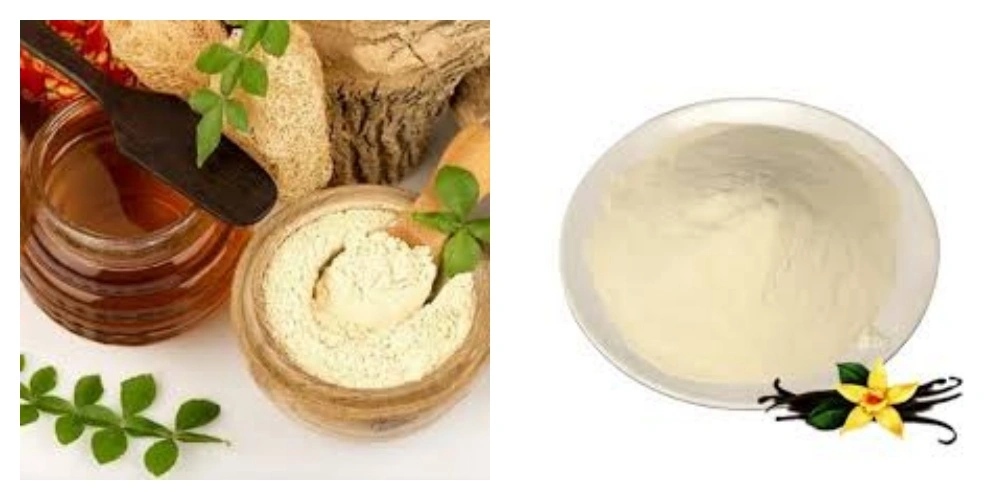
Practical Substitution Guidelines: Converting Vanilla to Honey in Recipes
The practical aspects of substituting honey for vanilla extract require careful consideration. Since honey is primarily a sweetener while vanilla extract is a flavor enhancer, direct 1:1 substitution is not typically recommended. Instead, a balanced approach that accounts for honey's sweetness and different flavor intensity is needed.
A general guideline when using honey instead of vanilla extract is to use approximately 1 tablespoon of honey for each teaspoon of vanilla extract called for in a recipe. However, because honey adds sweetness, you'll need to reduce other sweeteners in the recipe by about 2-3 tablespoons for each tablespoon of honey added. This helps maintain the proper sugar balance in your recipe.
Honey extract, which is more concentrated than regular honey, offers another approach. Being more potent, honey extract powder can be used in smaller quantities; typically, 1/2 teaspoon of honey P.E can replace 1 teaspoon of vanilla extract. The benefit of using honey products is that they provide the honey flavor without significantly altering the liquid ratio of your recipe.
The moisture content differences between honey and vanilla extract should also be considered. Vanilla extract is alcohol-based and evaporates during baking, while honey is hygroscopic (attracts and holds moisture). This property means that baked goods made with honey instead of vanilla extract often stay moist longer, but may require adjustment in baking time or temperature.
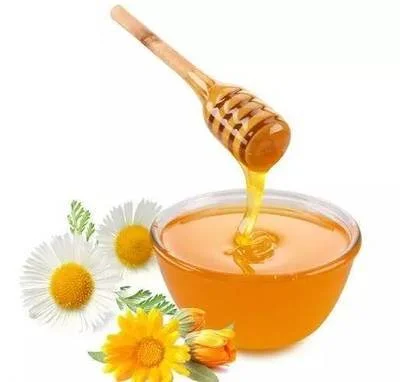
For optimal results when substituting honey for vanilla extract, consider these practical tips from professional bakers:
1. In recipes where vanilla extract is a minor flavoring ingredient (cookies, cakes with multiple spices), honey can work well as a substitute with minimal recipe adjustments. In recipes where vanilla is the primary flavor, like custards or vanilla-centric desserts, the substitution will be more noticeable.
2. Consider the flavor profile of your honey. Light, mild varieties like acacia or clover honey will provide subtle flavor changes, while stronger varieties like buckwheat or chestnut honey will impart more distinctive tastes.
3. When using honey in recipes that aren't baked (frostings, no-bake desserts), remember that the honey flavor will be more pronounced since it won't be modified by the baking process.
4. For beverages where vanilla extract is commonly used, such as coffee or smoothies, honey can be an excellent alternative that adds both sweetness and flavor complexity without the need for additional sweeteners.
A study published in the International Journal of Gastronomy and Food Science found that when honey was used as a flavor substitute in certain baked goods, consumer perception of sweetness and overall flavor acceptance varied based on the type of honey used, suggesting that careful honey selection is crucial for successful substitution.
Nutritional and Functional Benefits of Honey Extract in Cooking
Beyond its role as a flavor substitute, honey extract offers several nutritional and functional benefits that vanilla extract doesn't provide. These additional properties make honey P.E not just an alternative but potentially a preferable ingredient in certain culinary applications.
Honey powder contains natural antioxidants, including flavonoids and phenolic acids, that may provide health benefits. Research published in the Journal of Agricultural and Food Chemistry has shown that darker honey varieties generally contain higher levels of these beneficial compounds. When using honey extract in recipes, you're incorporating these bioactive compounds that aren't present in vanilla extract.
Honey powder's hygroscopic nature (ability to attract and retain moisture) makes it valuable for extending the shelf life of baked goods. Products made with honey extract typically stay moist longer than those made with sugar and vanilla extract alone. A study in the Journal of Food Science and Technology demonstrated that bread made with honey had better moisture retention and delayed staling compared to bread made with equivalent amounts of sugar.
From a culinary technique perspective, honey extract can also provide functional benefits in cooking and baking. Its lower glycemic index compared to refined sugar means it releases energy more slowly, making it a preferred sweetener for those monitoring blood sugar levels. Additionally, its ability to caramelize at lower temperatures than standard sugars can be advantageous in certain cooking applications.
When considering honey extract as a vanilla substitute, it's worth noting its antimicrobial properties as well. These natural preservative qualities can contribute to extending the shelf life of certain foods, particularly in no-bake recipes where microbial growth might otherwise be a concern.
The pH of honey extract (typically between 3.9 and 4.5) can also influence chemical reactions in baking. This acidity can help activate baking soda in recipes, potentially reducing the need for additional acidic ingredients like buttermilk or vinegar. This functional property makes honey products particularly useful in quick bread recipes where vanilla extract is traditionally used primarily for flavor.
For those interested in natural food ingredients, honey extract represents a less processed alternative to vanilla extract, which typically contains alcohol and may include artificial colors or flavors in lower-quality products. High-quality honey extract powder contains only concentrated honey solids, making it appealing to consumers seeking clean-label products.
Research from Food Chemistry journal indicates that volatile compounds in honey contribute to its aroma profile in ways that differ significantly from vanilla but can be equally complex and desirable in certain culinary applications. This suggests that honey products shouldn't be viewed simply as a substitute for vanilla but as an ingredient with its own unique culinary merits.

Rebecca: Honey Extract Supplier
When seeking high-quality honey extract powder for your culinary adventures or product formulations, Rebecca Bio-Tech stands as a premier supplier in the industry. Our commitment to quality and purity ensures that you receive honey P.E with optimal flavor profiles and functional properties for all your recipe needs.
Rebecca Bio-Tech specializes in premium honey products that maintain the natural benefits of honey while providing consistent performance in food applications. Our honey powder extract, with a concentration of 65%, delivers potent honey flavor and functional benefits in a convenient, shelf-stable form.
Our honey extract is derived from raw honey, carefully processed to preserve the beneficial enzymes, antioxidants, and flavor compounds that make honey such a valuable ingredient. Each batch undergoes rigorous testing using HPLC (High-Performance Liquid Chromatography) to ensure consistent quality and potency.
For more information or to place an order, please reach out to us at information@sxrebecca.com.
References
1. Journal of Food Science. (2020). "Comparison of phenolic profile and antioxidant activities of different honey varieties."
2. International Journal of Gastronomy and Food Science. (2021). "Consumer perception of honey as a flavoring substitute in baked goods."
3. Journal of Agricultural and Food Chemistry. (2019). "Antioxidant capacity of honeys from various floral sources."
4. Food Chemistry. (2022). "Volatile compounds in honey and their contribution to aroma profiles."
5. Journal of Food Science and Technology. (2021). "Effects of honey on shelf-life extension in baked products."
